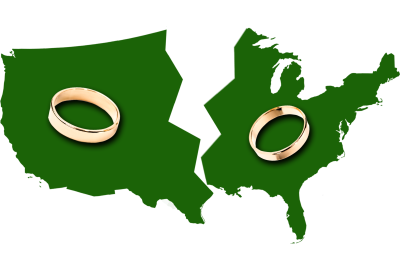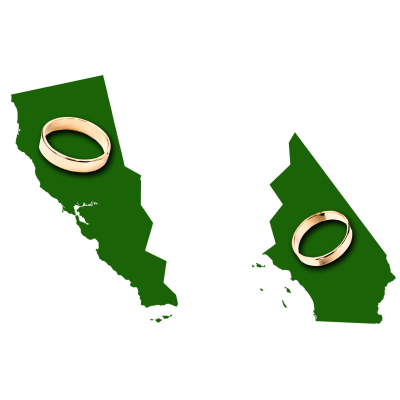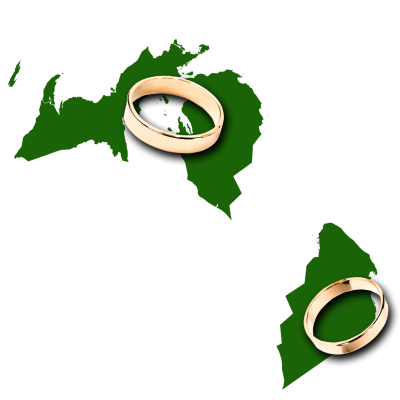Prenuptial Information

Universal Life Church ministers are frequently asked to perform weddings. It’s one of the most fun parts of the job… but a whole lot of work goes into it! Quite often these ministers are asked to perform counseling services with the couple ahead of the wedding - and one of the topics that often comes up in those counseling sessions is prenuptial agreements. This topic can be uncomfortable or even scary for couples to discuss, so it’s often that the first time that they ever address the topic is during this meeting with a neutral third party.
Now, obviously ministers (often) aren’t attorneys or legal experts, so we would never suggest that they go so far as to provide legal advice to couples… but it might be helpful if they at least had enough knowledge about these prenuptial agreements to refer young couples to the proper legal professionals, or to help walk them through whatever couples counseling may be required as a consequence of conversations over these agreements.
Below, you will find a series of tabs that will lead you to comprehensive guides on prenuptial agreements tailored to specific states. If you don’t see your state yet, don’t panic! It should be added soon. In the meantime, we’ve also included some of the basic information about how these agreements fundamentally function below.
Whether you are a minister, a person considering marriage, or are simply curious about prenuptials in your state, an understanding of these important agreements can provide invaluable insights moving forward.
What Are Prenuptial Agreements?
Prenuptial agreements, often referred to as "prenups," are legal documents designed to outline the financial rights and obligations of each spouse in a couple in the event of divorce or death. These agreements used to be primarily associated with the wealthy, but prenuptial agreements have become increasingly common across a diverse range of couples for several different reasons.
Protecting Assets
One of the main motivations behind seeking a prenuptial agreement is asset protection. Individuals entering marriage may have accumulated assets, investments, or property that they want to safeguard in the event that a divorce occurs. A prenup allows couples to map out the ownership of assets, providing clarity and protection for both parties.
Clarifying Financial Responsibilities
Financial matters can often be a source of tension within a new marriage. A prenuptial agreement can be beneficial as it provides an opportunity for couples to openly discuss and establish financial expectations, including issues such as how they want to handle debt, who owns which property, etc. By addressing these matters before marriage, couples can head-off potential conflicts and promote financial transparency and harmony throughout the relationship.
Protecting Family Wealth
This is probably the use of prenups with which you are the most familiar. In cases where one or both partners come from families with substantial wealth or inheritance, a prenuptial agreement can offer peace of mind by preserving family assets for future generations. By clearly defining the treatment of family wealth in the event of divorce or death, couples can respect familial legacies while also safeguarding their own financial interests as partners in the marriage.
Promoting Fairness and Clarity
Contrary to popular belief, prenuptial agreements are not solely about protecting one party's assets. Instead, they provide a platform for couples to negotiate and establish mutually agreed-upon terms that reflect their individual circumstances and priorities. By fostering open communication and negotiation, prenups promote fairness, clarity, and mutual respect within any budding relationship.









